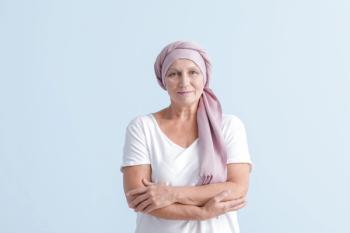
Treating both cancer and mental health can be difficult. Here's why it's important to do so collaboratively.
Dr Noonan is a physician, mental health and wellness coach; author of 5 books on managing mental health and mood disorders with a print and video blog; consultant; group facilitator; and Certified Peer Specialist. She has a unique perspective having lived with a mood disorder and bridges that space between provider and recipient of mental health services, which resonates with many people. Dr Noonan is the inaugural recipient of the national Depression and Bipolar Support Alliance Peer Support Specialist of the Year 2022. Her most recent books, published by Johns Hopkins University Press, include: Take Control of Your Depression: Strategies to help you feel better now (2018); Helping Others with Depression: Words to Say, Things to Do (2020); and Reconnecting after Isolation: Coping with Anxiety, Depression, Grief, PTSD and More (2022).

Treating both cancer and mental health can be difficult. Here's why it's important to do so collaboratively.

How can you know "the right thing to do" when facing conflicts that challenge your training?

Clinicians should not fear getting the help they need—here's why.

Don't hide the B sides of life.

To have the best possible holidays, you've got to keep things civil and copacetic.

Holidays are joyous for some, but not for everyone. How can you help patients with mood disorders navigate the difficulties of the holidays?

Caring for yourself does not mean you're ignoring the needs of others.

What are some ways to overcome anxieties about returning to "normal"?

Reentry anxiety: uncertainty about returning to normal after a perceived threat.

Traditional mental health approaches may not meet the needs of a culturally diverse community...
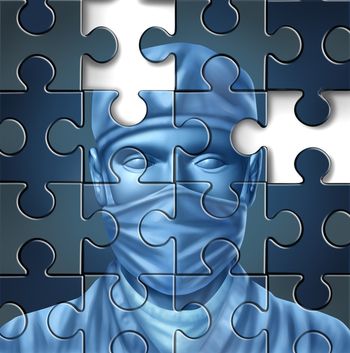
How can you increase sensitivity and confidence in working with a patient who has a different cultural background?

How can you help patients change what and how they're thinking or behaving if they are feeling ambivalent or conflicted about treatment?

According to the Dalai Lama, physical care is not enough to achieve wellness.

Caregivers may want to shield their loved one with a mental illness. How can they impart advice while also allowing their loved one their independence?
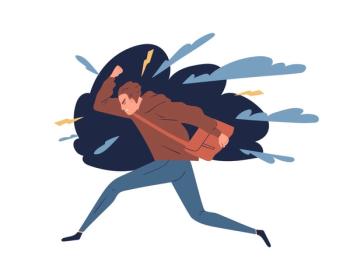
Helping a patient and their family with anger about a mood disorder can be difficult...

Mood disorders can be genetic and deeply affect surrounding people...

What can be done when a mood disorder upends a patient's life?

Teach both the patient and the patient's family are important steps to treating a mood disorder.

Caring for patients with mood disorders is different than caring for patients with any other medical issues.

Adopting to loss means having a focus on the present...

Loss: the most common experience of all people, across all cultures...

"Talking about it will only make it worse..."

What happens if a patient is too ill to manage at home?
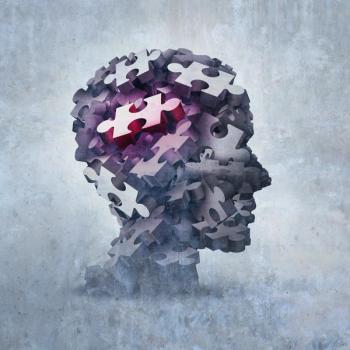
When deep, emotional pain exceeds logic, suicidal thoughts come to fruition.
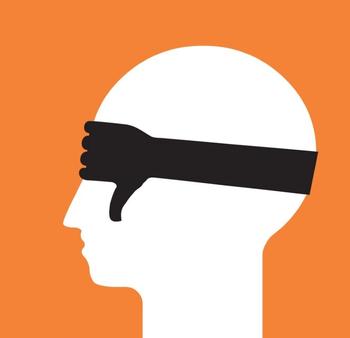
When dealing with a serious mental illness, speaking out and sharing common experiences can help healing.
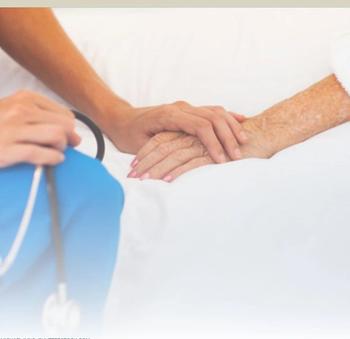
Caregivers need support too.
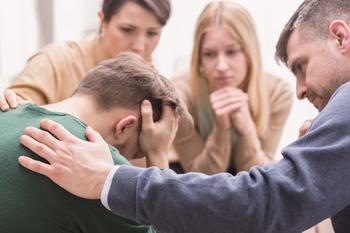
Patients with bipolar disorder or depression want to feel normal. What can loved ones do to help?

Focusing on someone else's problems may be a great coping strategy for patients with depression.

For decades, it was thought the brain was a fixed structure, and not able to be renewed or regenerated, but science has since proved otherwise.

How does a patient feel about having a mental illness?